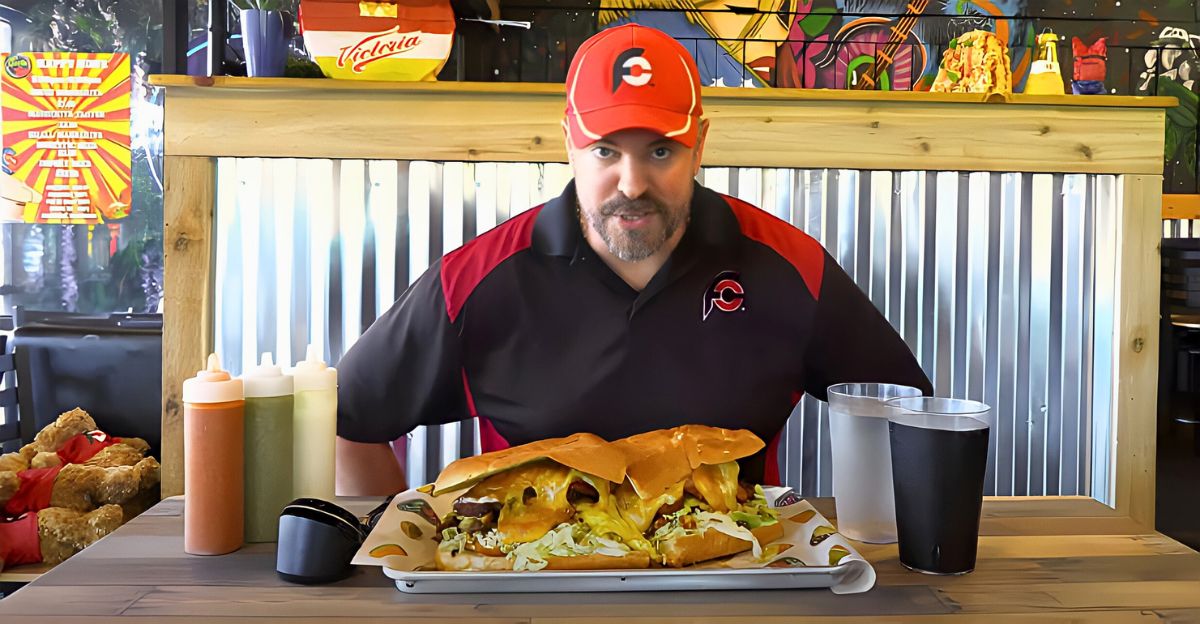
A beloved taco chain with roots in Los Angeles has suddenly gone dark, shuttering all but one location as immigration raids sweep across Southern California. The decision comes amid growing fears within the food vendor community, where ICE operations and protest-related tensions are making everyday business feel unsafe. It’s not about profits or poor sales.
For this taco chain, one of the region’s most recognizable names, this is about protecting workers in a climate where showing up to serve food can feel like a risk.
The move sent shockwaves through the city’s street food scene, and raised questions about whether this is the start of a bigger collapse.
The Raids Hit Home
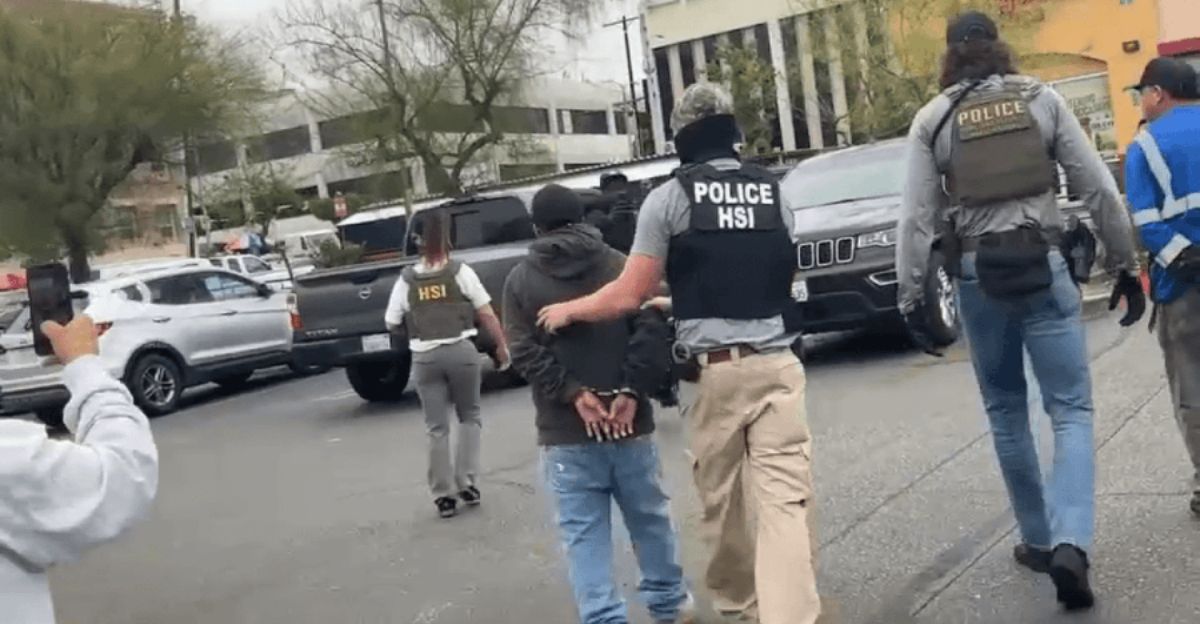
In early June 2025, federal immigration agents began executing sweeping raids across Los Angeles. Homes, job sites, and public spaces saw unannounced visits from ICE teams, often accompanied by other federal agencies. The crackdown began with 44 arrests in LA’s Fashion District and nearby , including at a Home Depot, sending shockwaves through communities dependent on undocumented labor.
The operation, called “Operation At Large,” has since expanded nationally, but Los Angeles remains the epicenter of arrests and resistance. Fear is now a daily reality for thousands who no longer feel safe going to work, the market, or school.
‘Operation At Large’ and Its Targets
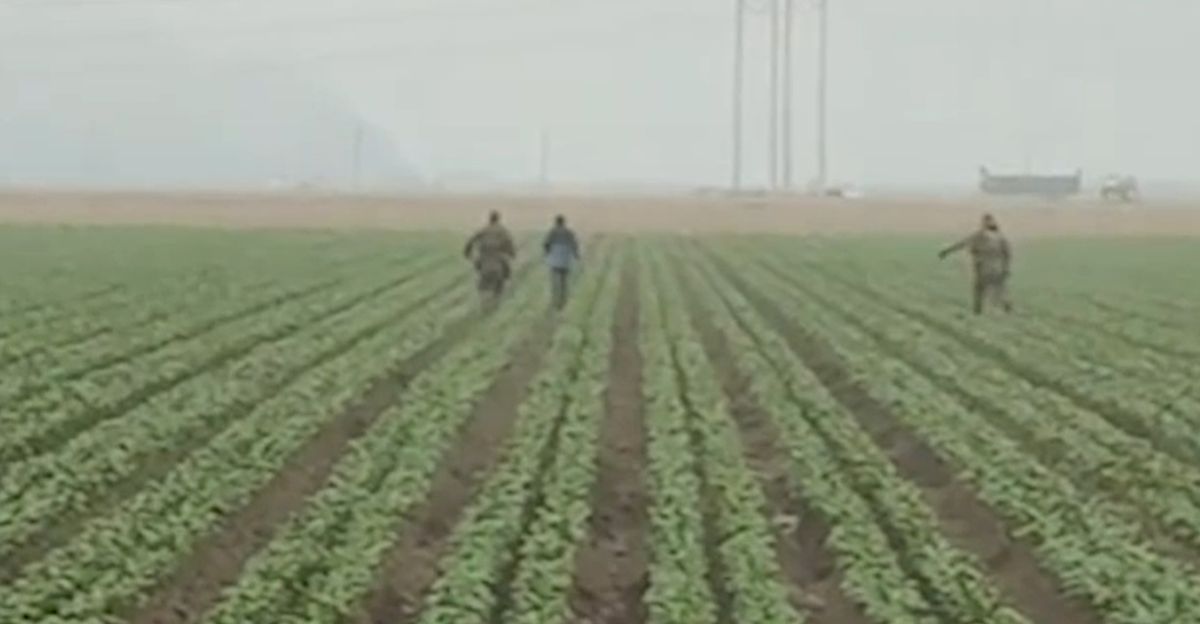
The goal is aggressive: 3,000 arrests per day. To hit this number, ICE has broadened its reach, no longer limiting operations to those with criminal records. Immigrant workers have been detained at restaurants, farms, hotels, and day labor sites, including well-known chains and mom-and-pop businesses.
Even locations once considered “safe” have been raided. Video footage of ICE agents chasing farmworkers in Oxnard and storming kitchens in San Diego has gone viral. In Omaha, a meatpacking plant was left operating at 30% after dozens were taken. The message is clear: no workplace is off-limits, especially in cities like LA.
Why the Raids Are Escalating

This isn’t happening in a vacuum. The Trump administration’s second term has ushered in a no-holds-barred approach to immigration. In May, top adviser Stephen Miller reportedly ordered ICE to triple arrest quotas, and berated officials for avoiding high-traffic public spaces. Backed by 5,000 federal officers and 21,000 National Guard troops, the campaign reflects a shift away from “criminal-focused” enforcement.
The administration is deliberately targeting Democratic-run cities, aiming to destabilize regions seen as hostile to its agenda. In California, that strategy is producing visible chaos. And for food workers in particular, it’s proving devastating.
When Tacos Become a Risk
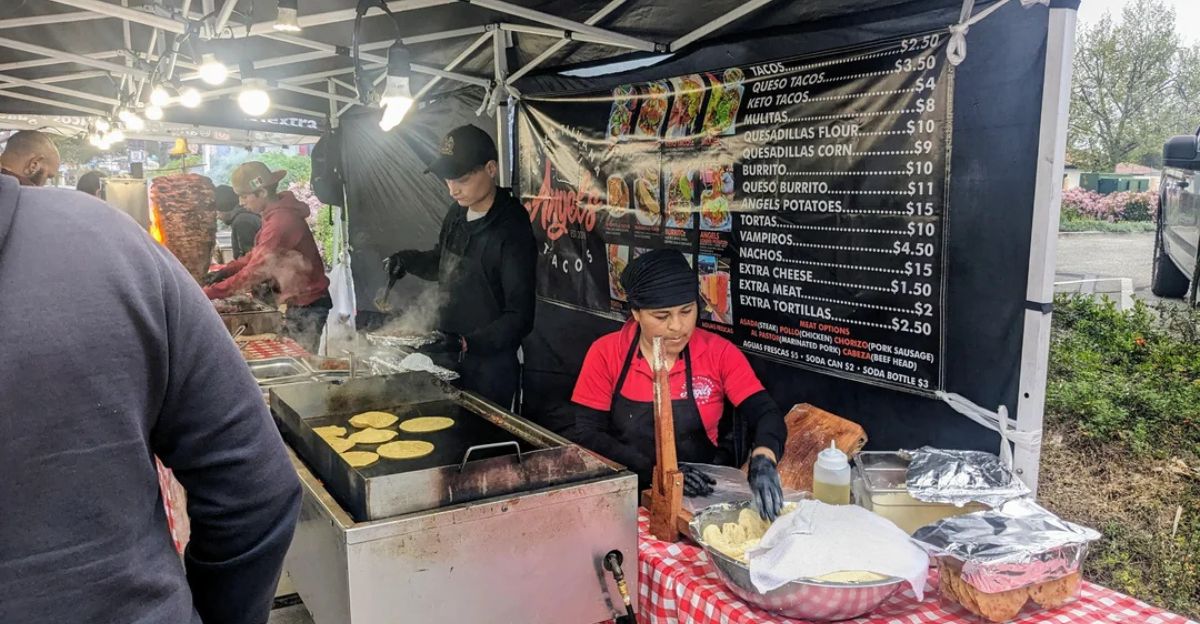
On the evening of June 13, one of LA’s most popular taco chains made a stunning announcement: 15 of its 16 locations would close indefinitely. Angel’s Tijuana Tacos, a fixture in the region’s street food scene, confirmed the closures in an Instagram post that drew over 10,000 comments in hours. The reason? Protecting their workers.
With food trucks and taquerias becoming frequent ICE targets, management said they could no longer guarantee staff safety. Their lone remaining location, a sit-down taqueria in Anaheim, remains open for now, but even that could change as raids continue.
A Chain Reaction of Closures
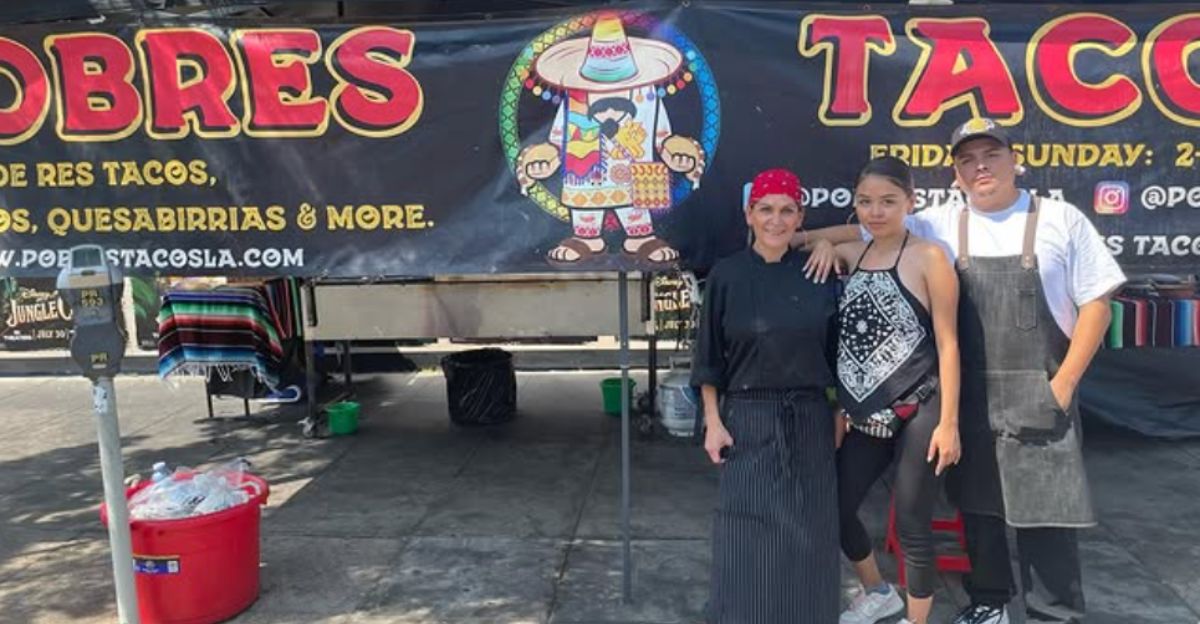
Angel’s wasn’t the only one. Within days of the raids, other beloved food spots began shutting down too, Birrieria Gonzalez, Pobres Tacos, and Hot Shrimp Mami among them. Pobres Tacos shared a heartfelt message: “We depend on our little business to survive, but the safety of our people comes first.” Across LA, trucks went dark, kitchens emptied, and managers faced impossible choices.
In Nashville, restaurants on Lower Broadway shuttered over the weekend amid rumors of ICE activity, even when staff had documentation. Fear, not legality, was driving decisions. The message across the food industry was unanimous: no one felt safe.
Fear Spreads Across Industries
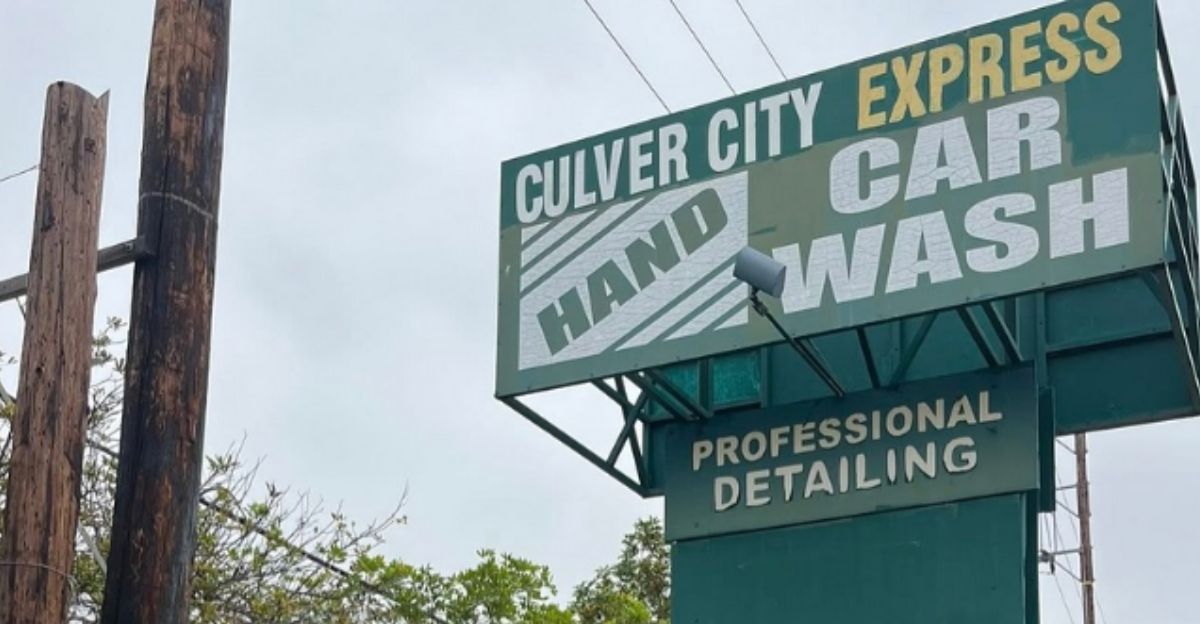
It wasn’t just tacos. Car washes in Southern California shut down. Meatpacking plants like Glenn Valley Foods in Omaha dropped to 20% capacity after 70-plus workers were detained. Construction projects paused in Florida and Texas after raids led to over 100 arrests. Farmers in California watched their fields go untended as nearly half their workers stopped showing up. From auto detailing to agriculture, ICE’s sweep has sparked a labor freeze.
Even documented workers are too afraid to return. “I can’t find anyone to hire,” said one car wash owner. “Even people with permits are staying home.”
Economic Fallout Hits Fast
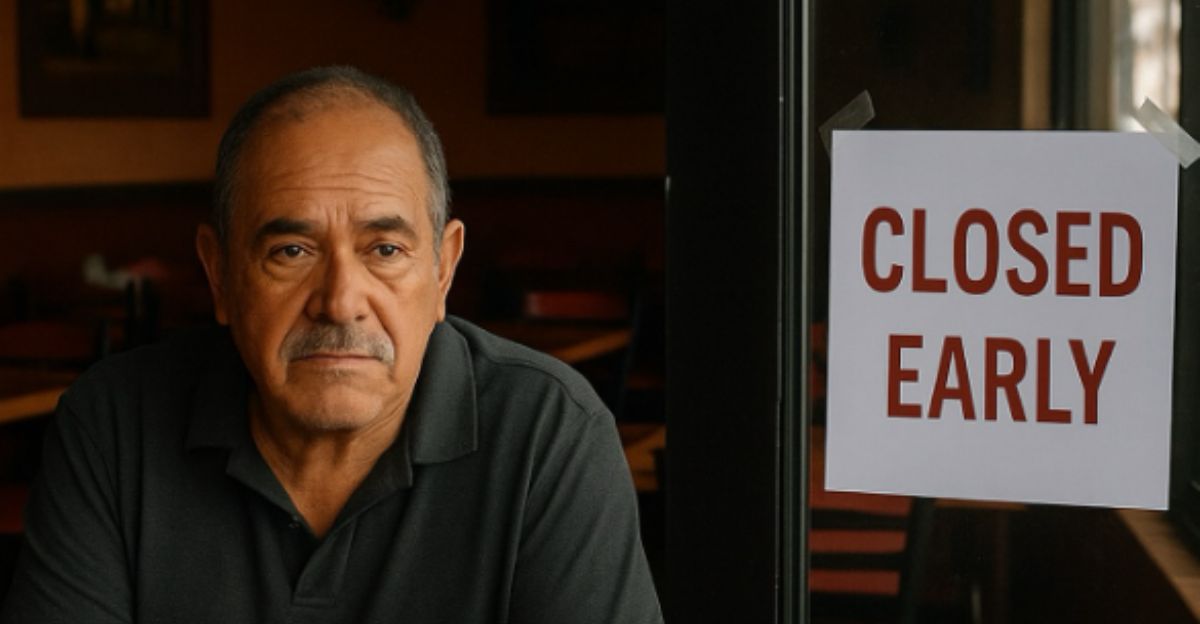
Within a week, businesses reported dramatic losses. Pedro Jimenez, a restaurant owner in East LA, said sales fell $7,000 in just two weeks. Meat producers warned of food supply shocks as slaughterhouses ran skeleton crews. Landscapers in Vermont and Ohio said seasonal work was collapsing.
And at farms across California, peak harvests are rotting in fields as labor evaporates. The chaos recalls early COVID shutdowns, but with no government relief, no clear end in sight, and no way for many to safely return to work. What began as an immigration crackdown is now becoming an economic crisis.
Policy Whiplash Makes Things Worse
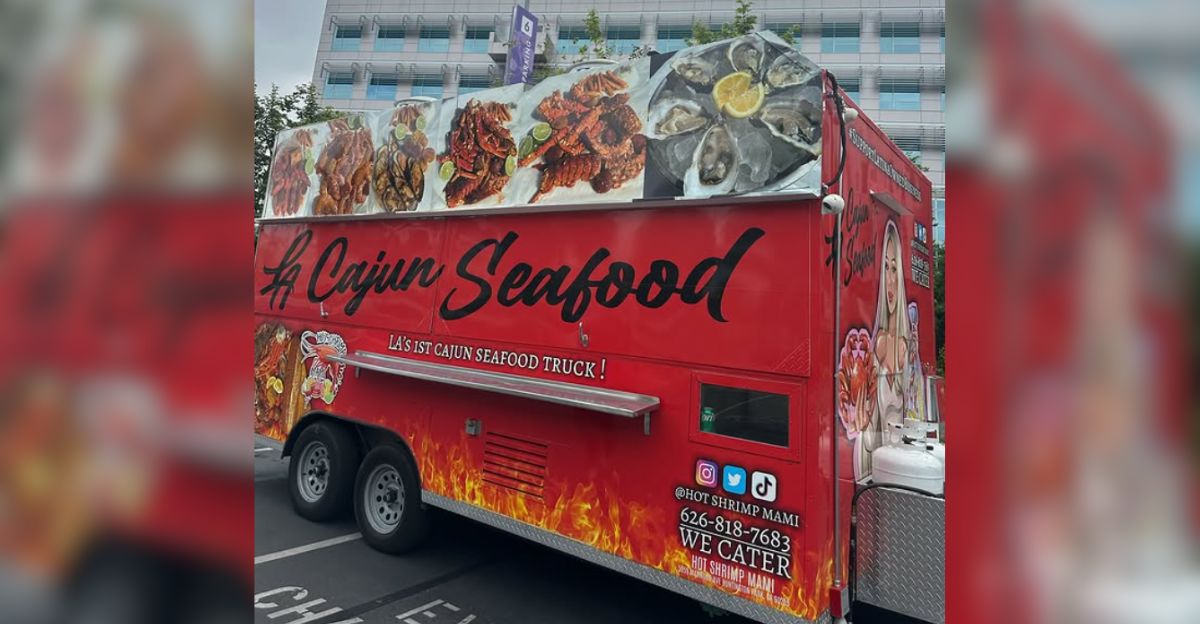
Businesses tried to adapt—until the rules changed again. On June 12, the Trump administration quietly told ICE to pause raids at farms, hotels, and restaurants. Owners briefly exhaled. But just four days later, DHS reversed the order and raids resumed at full force. The flip-flop left businesses scrambling.
Some who reopened were hit immediately. Others stayed closed out of caution. Even the president admitted the crackdown was hurting “reliable, long-term workers”—but that didn’t stop the next wave. The chaos has created an impossible climate for small business owners trying to protect both their staff and their livelihoods.
One Chain, One City, a National Crisis
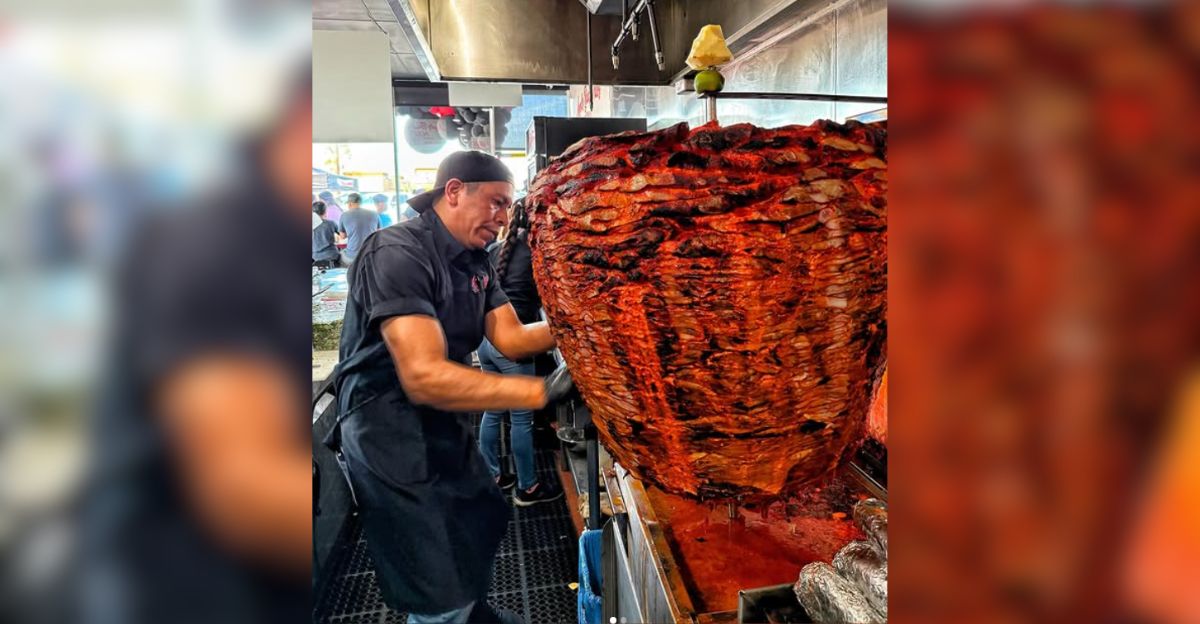
The closure of Angel’s Tijuana Tacos may seem like a local story, but it’s emblematic of something much bigger. It shows how federal immigration policy can shut down small businesses, upend entire industries, and drive workers, legal or not, into hiding. What began as an enforcement campaign is now destabilizing parts of the U.S. economy.
In cities like LA, immigrant labor isn’t just part of the fabric, it is the fabric. And as raids continue, many are left wondering what’s next. Will more chains fall? Will crops rot? Or will this moment force a national reckoning with how we treat the workers who keep America running?
Discover more trending stories and Follow us to keep inspiration flowing to your feed!

Craving more home and lifestyle inspiration? Hit Follow to keep the creativity flowing, and let us know your thoughts in the comments below!



